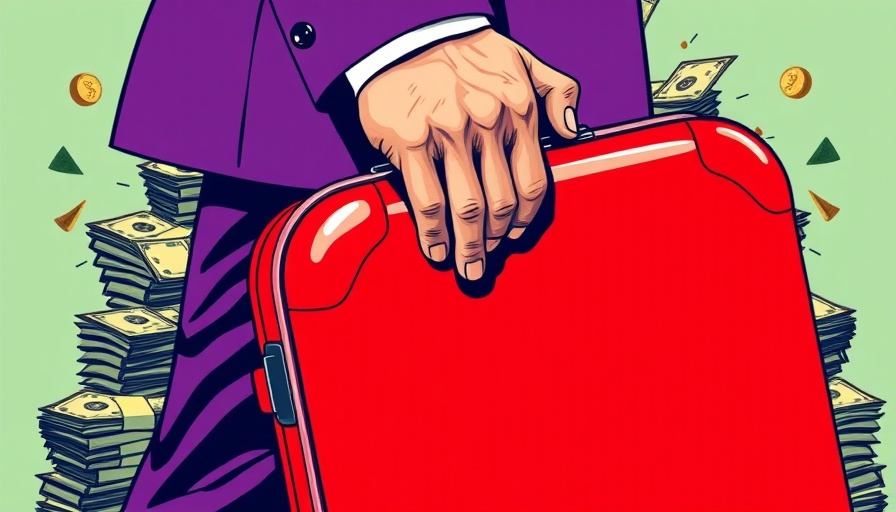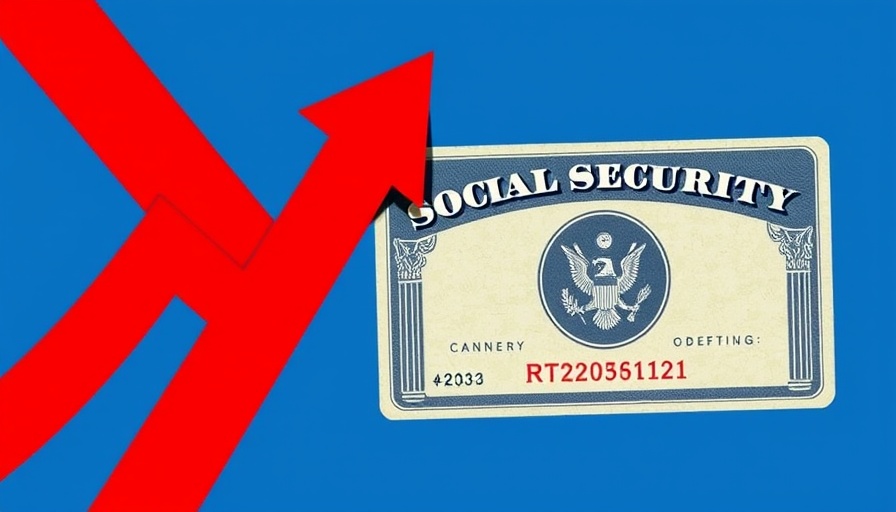
The End of Free Checked Bags: A Major Shift in Airline Policy
In a landmark decision, Southwest Airlines has announced that it will begin charging for checked luggage starting May 28, 2024, marking the end of an era characterized by their long-standing policy of allowing passengers to check two bags for free. This change represents a significant shift for the airline, which has built its brand around the slogan "two bags fly free" since its inception nearly 60 years ago. CEO Bob Jordan stated that this decision is aimed at enhancing profitability and addressing economic pressures that the airline is currently facing.
Understanding the Industry Landscape
Southwest’s move to implement baggage fees aligns it with the broader trends across the airline industry, where such fees have become commonplace. Major players like American Airlines, Delta, and United have charged for checked luggage for over a decade, with fees typically ranging from $35 to $75 per bag. For many budget airlines, this figure can be even higher, constituting a crucial part of their revenue streams. In 2022, baggage fees accounted for 3.3% of revenue for legacy carriers, while for budget airlines, it represented over 21% of their revenue.
Consumer Reaction and Loyalty Programs
This policy shift has ignited mixed reactions from consumers. Many loyal customers may feel betrayed by a sudden change to the airline's core offerings. Nevertheless, Southwest is attempting to soften the blow by exempting certain frequent flyer groups from these fees. Passengers with "A-List Preferred" status or those who purchase Business Select tickets will still enjoy the privilege of checking their bags for free. This strategy appears aimed at maintaining loyalty amid a significant policy change.
Financial Pressures and Future Directions
Southwest Airlines, like many in the industry, has been experiencing financial strain due to factors including rising operational costs and shifts in consumer spending habits. Previous estimates suggested that charging for checked bags could generate upwards of $1.5 billion in new revenue for the airline, but it also risks alienating customers and losing market share. The need for financial recovery comes after significant penalties, such as the $140 million fine imposed by the U.S. Transportation Department for travel disruptions during the 2022 holiday season. Coupled with an impending workforce reduction of approximately 1,750 employees, the airline clearly finds itself in a precarious position.
Implications for Travelers
For everyday travelers, the prospect of baggage fees can significantly alter their travel budgeting and preparation. With costs potentially adding up quickly—especially for families or business travelers who check multiple bags—the value of loyalty programs or credit cards that offer fee waivers may become increasingly important. Traditionally seen as a budget-conscious airline, Southwest's move may push travelers to reevaluate their airline choices based on value beyond just ticket prices.
The Broader Economic Context
The decision by Southwest cannot be viewed in isolation; it reflects broader economic trends impacting the travel industry. Recent data indicates a tightening travel budget among consumers due to inflationary pressures and economic uncertainty. With major airlines adjusting their strategies to adapt to these conditions, it is likely that Southwest’s decision to charge for checked luggage is merely the first of many changes to come as carriers seek out new revenue sources.
As Southwest Airlines embraces a model more aligned with its competitors, travelers will need to stay informed about changes that could affect their travel plans and budgets. The shift signifies not just a change in policy but a transformation in the airline industry that may redefine how airlines operate in the future. Travelers are urged to adapt by reviewing loyalty program options and preparing for potential fees when assessing their travel plans.
To better equip yourself with the knowledge of new airline policies and travel strategies, consider reviewing resources and articles related to travel insurance, loyalty programs, and budgeting for air travel.
 Add Row
Add Row  Add
Add 




Write A Comment